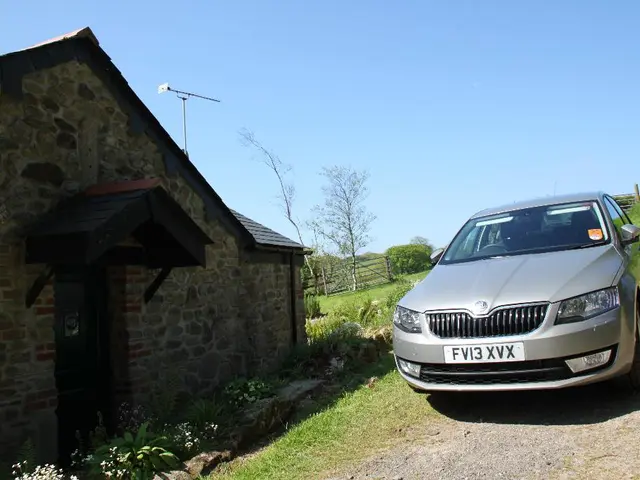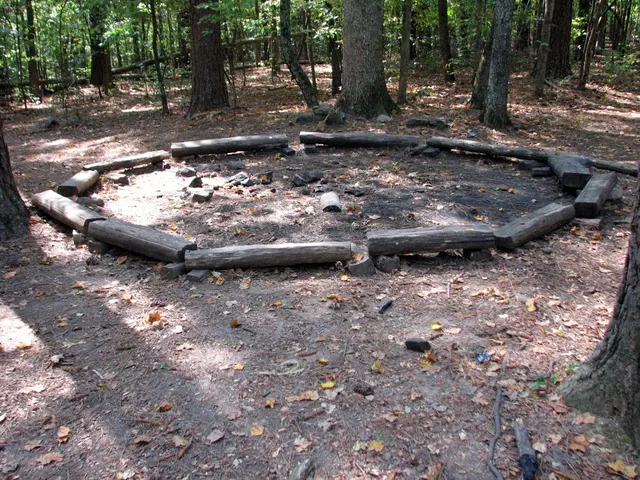EU Funds €26.1M Battery Recycling Plant in Germany
Cylib, a recycling company, has received a €26.1 million grant from the European Union's EFRE/JTF program in NRW. This funding will support the construction of one of Europe's largest lithium-ion battery recycling plants at CHEMPARK in Dormagen. The plant's role in recycling is crucial, given the rapid growth of e-mobility and the increasing demand for battery materials.
The plant, set to begin operations in 2027, will initially process up to 140,000 electric vehicle batteries per year in its final expansion stage. This is equivalent to processing 60,000 tons of end-of-life batteries or 20,000 tons of black mass annually. The facility aims to recover critical materials such as lithium, graphite, cobalt, nickel, and manganese from these batteries.
Cylib's OLiC process is expected to recover more than 90% of these critical materials. This process also produces 80% less CO2 emissions than primary resource extraction. The plant demonstrates Europe's commitment to reducing its dependence on raw material imports and strengthening supply security.
The plant's first expansion stage, financed by the €26.1 million grant, will process black mass from lithium-ion batteries. This investment underscores the European Union's support for modern recycling technology and its role in the transition to a circular economy.
Read also:
- Emerging Investment Trends in China's Ethical Finance Sector for 2025
- Construction and renovation projects in Cham county granted €24.8 million focus on energy efficiency
- Colombia's Court Abolishes Local Referendums on Land Use, Sparking Mining Sector Concerns
- Trump challenged in court over halting billions in funding for electric vehicle charging infrastructure







